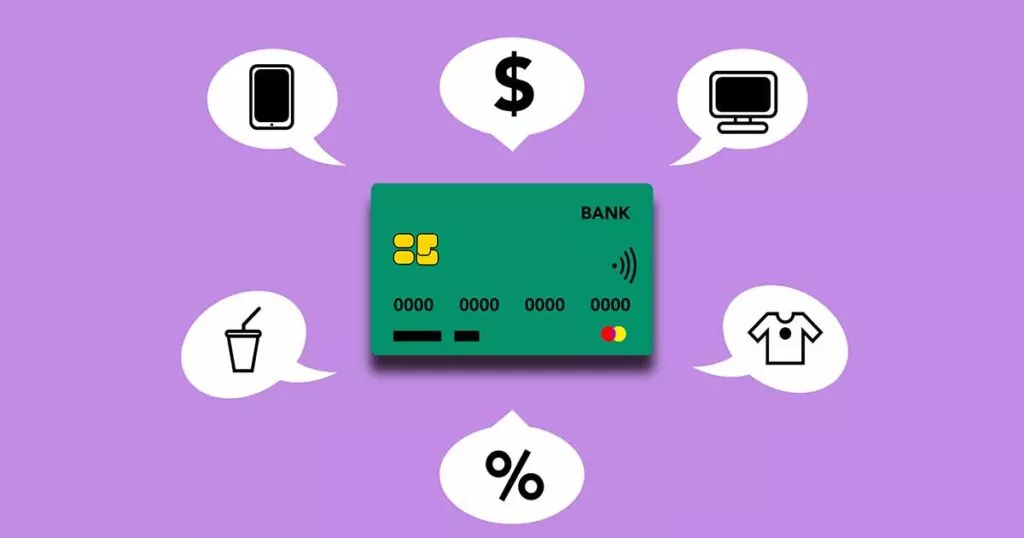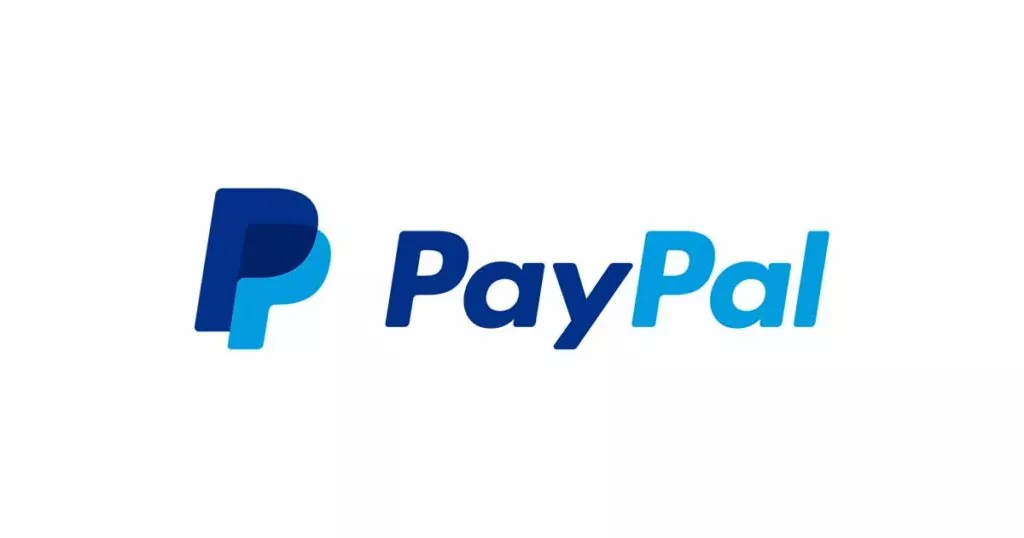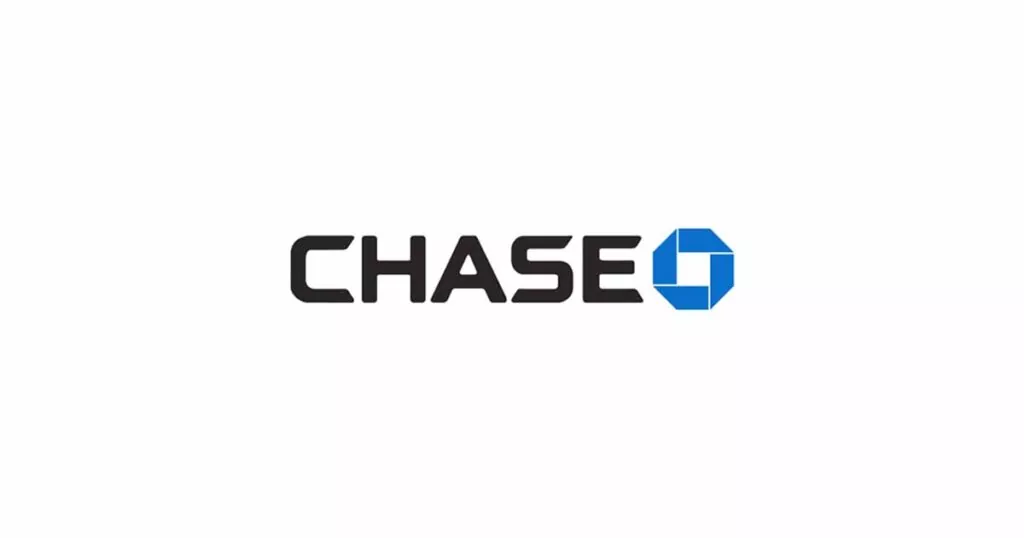As a small business owner, finding the right merchant services provider to handle your business’s payments is crucial. I have spent countless hours researching the various companies and options out there, and I’m excited to share my findings with you. There are so many choices these days it can feel over whelming but stick with me and I’ll walk you through everything you need to know to choose a merchant services provider perfectly suited for your unique business needs.
What Are Merchant Services?

As a merchant, accepting payments from your customers is crucial to your business. That’s where merchant services come in. Merchant services are companies that handle credit and debit card transactions on your behalf, allowing you to accept payments via cards from major networks like Visa, Mastercard, American Express and Discover.
Using a merchant services provider is a must these days. As a merchant, you’ll benefit from their payment processing technology and expertise. No longer do you need to worry about handling payments yourself or dealing with the complexities of the payment card industry. Merchant services handle all of that for you so you can focus on your business!
There are a few types of merchant services to choose from:
- Credit card processing companies: They handle credit and debit card transactions. Popular options include Square, Stripe and PayPal.
- Traditional merchant accounts: Offered by banks and independent sales organizations (ISOs). They typically have monthly fees but often lower rates. Some well-known providers are Chase Paymentech, First Data and TSYS.
- Payment gateways: Act as an intermediary between your website or payment terminal and the payment processor. They help facilitate the transaction. PayPal and Authorize.Net are two major gateways.
- Payment service providers (PSPs): Offer bundled services like a merchant account, payment gateway, and payment processing. Square and Stripe are examples of PSPs.
The options can seem overwhelming, but choosing the right merchant services provider for your needs is key to running a successful business. Do your research, compare rates and fees, and look for a company with great customer service. Your perfect payment partner is out there!
Top Merchant Services Providers Compared
As a small business owner, choosing a merchant services provider is one of the most important decisions I’ll make. The right processor can save me time and money, while the wrong one could cost me in fees and headaches. After comparing the top contenders, here are my favorites:
Square###

Power your entire business | Square (squareup.com)is perfect for startups and small retailers like me. Their flat-rate pricing and free card reader made it easy to get up and running. Square’s dashboard is simple to navigate and their customer service has been helpful when I have questions. The only downside is few customization options for larger businesses.
PayPal

PayPal, an industry leader, offers robust features and competitive rates for mid-size companies. Their virtual terminal allows me to take payments over the phone or online, and customers tend to trust the PayPal brand. However, PayPal’s fees can be confusing with many extras like chargebacks and non-qualified surcharges. For a smaller outfit, the complexity may outweigh the benefits.
Helcim###

Helcim Merchant Services – Feel Good About Your Payments is a merchant service provider focused on personalized support and transparent pricing. Their interchange-plus model ensures I only pay the wholesale rates set by card brands plus a small markup. Helcim’s customer service team has been extremely attentive and willing to walk me through any questions. The only catch is a long-term contract and $295 early termination fee.
In the end, I have to go with what lets me sleep at night knowing my business and customers are in good hands. For me, that means competitive and transparent pricing, helpful customer support, and a user-friendly experience. Whatever you choose, make sure your values and priorities align with your merchant services partner. Your business success depends on it!
Payment Processing Fees and Rates
When I first started my business, choosing a merchant services provider seemed overwhelming. There were so many options with different fees and rates, I didn’t know where to start! After doing some research, I found the three most important fees to consider are interchange fees, assessment fees, and markup fees.
Interchange fees are charged by the card networks (Visa, Mastercard, etc.) to process each transaction. These are non-negotiable but the merchant services provider can bundle multiple types of cards at different rates. I looked for a provider with a “blended” or “tiered” pricing model to keep these fees as low as possible.
Assessment fees are charged by the card networks as a percentage of each sale to cover costs. These also can’t be avoided but some providers charge lower assessment fees than others. I made sure any potential provider was transparent about these fees upfront.
Markup fees are charged by the actual merchant services company to make a profit. These “can” be negotiated, so I compared quotes from a few different providers to get the best rate. Some offered month-to-month contracts with no early termination fees in case I wasn’t happy with the service.
In the end, I went with a provider that offered blended interchange fees, lower assessment fees than their competitors, “and” was willing to negotiate their markup fees to match another quote I received. By understanding the different fees involved with payment processing, I was able to choose a merchant services provider that gave me a great rate and the flexibility I needed for my new business. The money I’ve saved on fees has made a huge difference in my bottom line, and now I can focus on what really matters – growing my business!
Additional Merchant Services Offered
As a merchant, the services your payment processor offers beyond simple credit card processing are important to consider. The more tools they provide, the more value you receive. Personally, I prefer a processor that acts as a one-stop shop for my business needs.
Recurring Billing
The ability to charge customers on a recurring schedule is essential for subscription-based businesses. Look for a processor that automates recurring billing so you can set it and forget it. They should offer flexible billing cycles, the option for trial periods, and make it easy for customers to update their payment information.
Invoicing
If you need to send invoices to customers, choose a processor that provides professional invoice templates that you can customize with your brand. They should offer the option to accept invoice payments online by credit card or ACH, and automatically update your accounting software as invoices are paid.
Virtual Terminal
A virtual terminal allows you to manually enter credit card payments through a web portal. This is useful when a customer calls in an order or for mail order businesses. The payments are processed at the same low rate as your regular credit card transactions.
Mobile Payments
For merchants frequently on the go or with primarily mobile customers, mobile payment acceptance is a must. Look for a processor with an easy-to-use mobile app that allows you to accept payments directly through your smartphone or tablet. They should offer all the same great features as your standard terminal, just optimized for a smaller screen.
Reporting and Analytics
Robust reporting is key to understanding your business’s performance and planning for growth. Choose a processor that provides detailed reports on transactions, customers, inventory, and more. Interactive data visualization tools make it easy to uncover key insights. Analytics help you identify seasonal trends, your best-selling products, and opportunities to improve.
The right processor for your business should offer the perfect blend of essential and value-added services. Comparing providers based on their additional offerings, fees, and customer service will help you find the ideal fit to meet all your payment processing needs. With the perfect solution in place, you can get back to focusing on what really matters—growing your business.
Choosing the Right Provider for Your Business
Choosing a merchant services provider is one of the most important decisions you’ll make as a business owner. The provider you choose can make or break your ability to accept payments from customers, so you want to find one that fits you like a glove!
As an eager entrepreneur myself, I spent weeks comparing different companies to find the perfect match for my startup. Here are a few things I looked at to determine the best solution for my needs:
Fees and Rates
The fees a provider charges can vary quite a bit, so compare apples to apples. Look at monthly fees, per-transaction rates for various payment methods, chargeback fees, and early termination fees. I wanted a provider with fair, transparent pricing and no hidden gotchas in the fine print.
Payment Options
Do they offer the latest ways for customers to pay, like contactless payments, digital wallets, and QR codes? As an innovative business, I need a provider who stays ahead of trends. I chose one that lets me accept chip cards, NFC payments, Apple Pay, Google Pay and more.
Service and Support
Things can go wrong in any business, so responsive, knowledgeable support is non-negotiable. Check reviews to see how quickly the provider helps resolve issues and answers questions. I picked a provider known for amazing 24/7 support so I have peace of mind.
User Experience
An intuitive, user-friendly experience is important for you and your customers. Evaluate the dashboard, payment terminals, virtual terminal, and mobile app. I wanted something simple to navigate, with useful reporting and analytics built-in.
Contract Terms
Carefully check the length of the initial contract and early termination fees. I chose a provider with a fair, flexible month-to-month contract so I can switch if needed. Long-term contracts with harsh penalties are a red flag.
By evaluating providers based on these factors, you’ll find the perfect match for your business needs. With the right merchant services partner handling your payments, you’ll be free to focus on what really matters – keeping your customers happy!
Important Factors to Consider When Comparing Providers
When comparing merchant services, several factors are key to finding your perfect match. I looked at dozens of companies to find the right one for my business, and here are the most important things I considered:
Fees
For me, fees were the biggest factor. I wanted affordable, transparent pricing without hidden charges. Most providers charge a percentage for each transaction called an interchange fee, usually between 1-3%. I found a company with interchange fees on the lower end of that range and no monthly fees.
- Interchange fees: Make sure you understand exactly what percent they charge for each type of card (debit/credit). Lower is better!
- Monthly fees: Some companies charge monthly subscription or gateway fees. Avoid those if you can.
- PCI compliance: This security standard fee can vary but should be under $20/month.
Contract Terms
I didn’t want to be locked into a long contract in case I wasn’t happy. Look for a month-to-month or short-term (3-6 months) contract so you can switch if needed. Be wary of auto-renewal clauses and termination fees as well.
Features
Different businesses have different needs. I required an easy virtual terminal, shopping cart integration, and recurring billing. Think about what features would benefit you most:
- Virtual terminal: Process payments over the phone or in person.
- Shopping cart: Integrate with your website to take online payments.
- Recurring billing: Charge customers automatically on a schedule.
- Reporting: Track sales, profits, tax liabilities, and more. Robust reporting was important to me.
Customer Service
Find a provider known for top-notch customer support in case you have questions or run into issues. I preferred a company that offered phone support 24 hours a day.
Comparing merchant services thoroughly allowed me to find a perfect, affordable fit for my business. By evaluating fees, terms, features, and service, you can choose a provider poised to be your long-term partner in success. Keep looking – your ideal match is out there!
Pros and Cons of Popular Providers
When I started my business, choosing a merchant services provider was one of the most important decisions I had to make. I wanted a company that could handle all my payment processing needs without hassle or headache. After researching the top companies, here are the pros and cons I found for some of the major players:
PayPal

- Pros: Easy to set up, no monthly fees, accepts all major cards, great for small transactions.
- Cons: Higher per-transaction rates, holds funds for up to 21 days, limited features for larger businesses.
Square

- Pros: Free magstripe reader, flat-rate pricing, fast funding (1-2 business days). Great for small businesses.
- Cons: Limited customer service, higher rates for keyed-in transactions, limited invoicing and reporting capabilities.
Stripe Stripe

- Pros: Easy to integrate, competitive rates, fast payouts, lots of business tools. Used by many tech startups.
- Cons: Primarily for online businesses, requires technical expertise to set up, monthly minimum fees.
Chase Merchant Services chase.com

- Pros: Potential for lower rates if you have a Chase business account, dedicated account manager, robust features.
- Cons: Lengthy contract (3 years), early termination fees, slower payouts (3-5 business days). Mostly for mid-size to large businesses.
In the end, I chose Stripe for its competitive pricing, fast payouts, and sleek technology. For my small but growing company, it provides the most valuable features at an affordable cost. The setup was a breeze and in no time at all I was accepting payments on my website and invoicing customers. Three cheers for finding a merchant services provider that is the perfect fit! Now onward and upward to growing my business.
Integrations and Compatibilities to Look For
When choosing a merchant services provider, I look at which tools and platforms they integrate with. As an ecommerce business owner, I want my payment processing, shipping, accounting, and other systems to all work together seamlessly. The more integrations a merchant services company offers, the less time I have to spend manually transferring data between platforms.
PayPal is a must-have for me. Most merchant services providers offer PayPal integration, allowing me to accept PayPal payments on my website and have the funds deposited directly into my bank account. This makes the payment process simple for many of my customers and expands the payment methods I can accept.
QuickBooks integration is another necessity in my book. I use QuickBooks to keep track of revenue, expenses, accounts payable and receivable, and more. If a merchant services company integrates with QuickBooks, all of my transactions are automatically synced, saving me hours of manual data entry. Transactions from my payment gateway, online invoicing, virtual terminal, and card reader are all automatically logged in QuickBooks.
Many merchant services companies also integrate with major shipping carriers like UPS, FedEx and USPS. This allows me to print shipping labels, get tracking numbers, and see delivery statuses right from my merchant account dashboard. I can even set up rules to automatically email customers tracking information and shipping confirmations.
Robust API access is something I look for too. An API allows other software systems to connect to the merchant services platform. Some providers offer hundreds of integrations through their API partnerships. The more integrations available, the more ways I can streamline my business operations.
When evaluating merchant services, I make sure to consider which tools are most important for my business. Then I check that the provider offers integrations and compatibility with those platforms. The more systems a merchant services company connects with, the more value I get from their service. For me, the perfect fit means maximum automation and efficiency.
Merchant Services FAQs: Your Top Questions Answered

So you’ve decided to start accepting credit card payments for your business. Exciting! But now you have to figure out which merchant services provider is right for you. I’ve been in your shoes, and I know how confusing it can be. Here are the answers to some common questions I had when I was comparing options:
What types of merchant services are there?
The two main types are credit card processing companies and payment gateways. Credit card processors handle transactions, while payment gateways transmit data between your customer, your business, and the credit card network. Many providers offer both services in one package.
What fees will I have to pay?
Unfortunately, no provider is completely free. The fees typically include:
-Interchange fees: Charged by credit card companies like Visa/MC for processing payments. Usually a % of each transaction plus a flat fee.
-Assessment fees: Also charged by credit card companies to fund their operations. Usually a flat fee per transaction.
-Processing fees: Charged by your merchant services provider for facilitating transactions. Usually a % markup over interchange fees.
-Monthly fees: Most providers charge a monthly statement or account fee to cover costs like customer service, reporting, etc.
-Early termination fees: Some providers charge fees if you cancel your contract before the term is up. Be sure to check the fine print!
How long are the contracts?
Contract lengths can vary from month-to-month to 3+ years. Shorter contracts give you more flexibility but often have higher monthly fees. Longer contracts typically have lower monthly fees but early termination fees if you cancel. Think about how long you want to commit and your needs may change.
What types of payments can I accept?
Most providers let you accept all major credit and debit cards (Visa, MC, Amex, Discover), as well as alternative payments like Apple Pay or PayPal. Some also support invoice payments, recurring billing, and mobile payments. Choose a provider with the options you need now and may want in the future.
What security and fraud protection is offered?
Your customers’ financial data must be kept secure and protected. Look for providers that use strong encryption, firewalls, and fraud monitoring. Extra services like chargeback management and PCI compliance help reduce risks. Don’t compromise on security to save a few bucks!
I hope this helps answer some of your questions about merchant services. Let me know if you have any other questions—I’m happy to help in any way I can!
Conclusion
Finding the right merchant services provider to suit your business needs is crucial for success. After researching the top companies, comparing their offerings and reading reviews from other business owners, you’ll be equipped to make an informed choice. The perfect fit is out there, you just have to go find it! With the variety of options available today, any business can find an affordable, full-service partner to help them start accepting payments right away.
Now that you know what to look for and what questions to ask, you’re ready to take the next step. Don’t hesitate to reach out to a few companies that catch your interest. Before you know it, you’ll be up and running with a merchant services solution tailored to your unique business. The future is looking bright!
